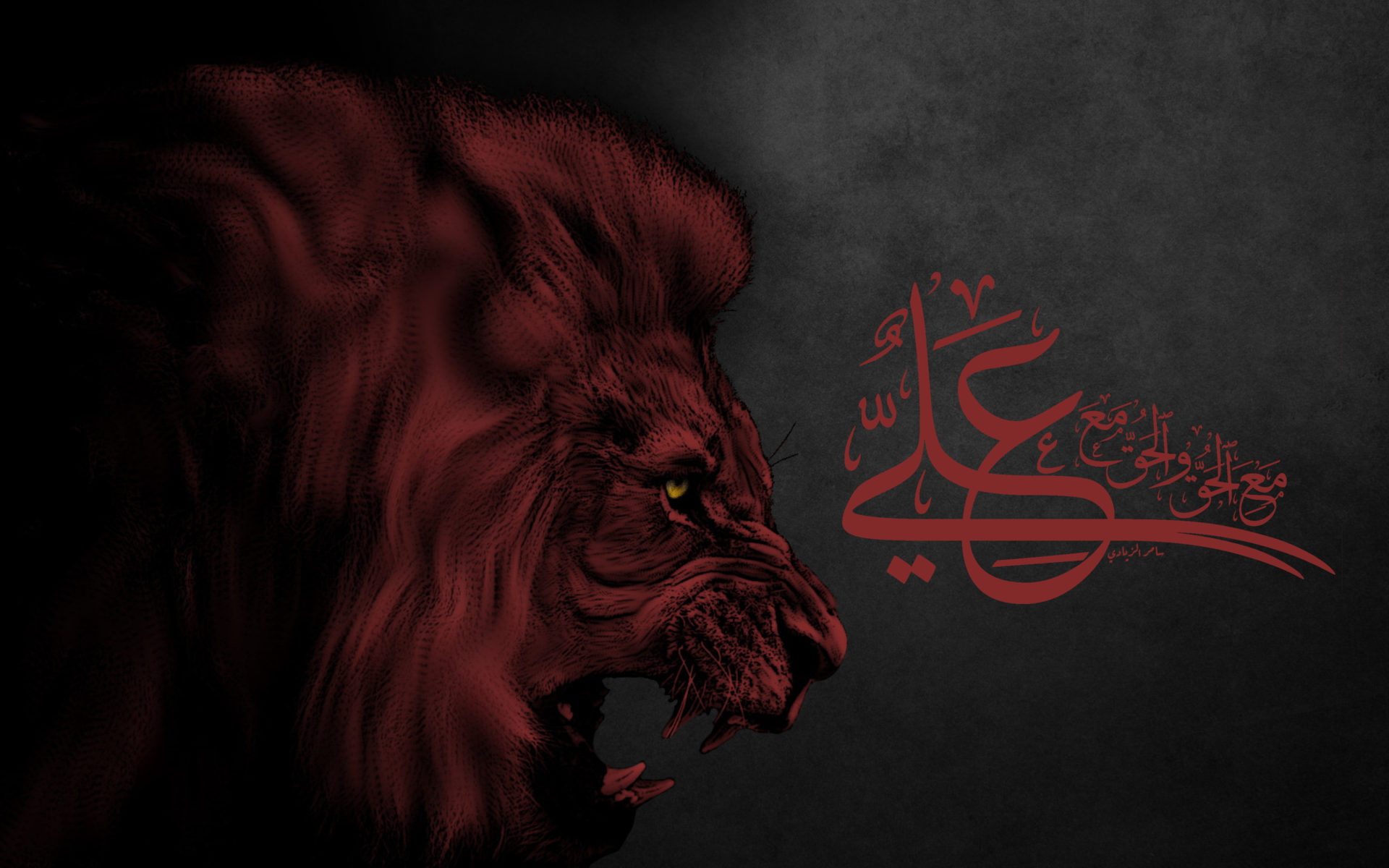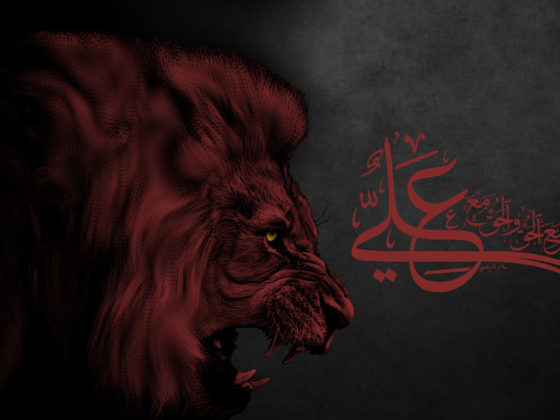“Irfan” is a word that means “contemplative knowledge”. In the Islamic tradition, it is used to describe the knowledge of invisible realities (batin), a type of mystical-esoteric gnosis. Who has access to this knowledge and how can one gain it?
Let’s look at this question from a different perspective.
The Quran describes three types of human soul. Their names are given in the surah “Yusuf”, surah “Qiyamah”, and surah “Fajr”.
إِنَّا لنَّفْسَ لأَمَّارَةٌ بِالسُّوءِ
“Most surely the soul always commands what is evil” (Yusuf, verse 53).
وَلَا أُقْسِمُ بِالنَّفْسِ اللَّوَّامَةِ
“And nay, by the accusing (blaming) soul” (Qiyamah, verse 2)
يَا أَيَّتُهَا النَّفْسُ الْمُطْمَئِنَّةُ
“O satisfied soul!” (Fajr, verse 27).
So, the Qur’an speaks of nafs ammarah (the soul that calls or commands), nafs lawwamah (the soul that is accusing), and nafs mutmainnah (the soul that is satisfied, confident, reassured).
Nafs ammarah is the inner Satan, the hidden tempter, the active dark force that fuels unsightly and criminal human behavior. When we talk about “fighting Nafs,” we are referring to nafs ammarah, which is “calling for evil”. It is a dynamic center of passions, desires, and various impure lusts and complexes within us. One person may be ambitious, another proud, another filled with lust or lust for power, and so on.
Nafs ammarah is always there, it is given to us without any special effort on our part. It acts automatically, without our conscious awareness. Without thinking about it — and especially when we don’t think about it — a person generates emotions like anger, deceit, hatred, revenge, schadenfreude, and more. All these are external manifestations of nafs ammarah.
Nafs lawwamah, “the soul that blames,” is the opposite and counterbalance of nafs ammarah. Every time we do something negative and give in to our passions, it condemns us, producing internal movements of remorse. This is what is called “remorse,” which is the response of the soul to its impulses.
Unlike nafs ammarah, “the soul that blames” is not given to us entirely. It is embedded in us in the form of a spark (initially, it is relatively speaking 10%), and the person must form and develop it. Every time they refuse to give in to their passions and desires, this soul grows, increases in size, and begins to shine brighter and stronger.
On the other hand, when a person commits unforgivable acts, this light center decreases and fades away until it reaches zero. In this case, the person becomes internally transformed into a devil, where only nafs ammarah, the ego, can act without any barriers. Such a person can kill, rob, or commit rape just because they want to, even without any external reason. It’s like being a helpless rider on an angry steed. Nafsammar begins to fully live up to its title of “master,” becoming the sole ruler of the individual and leading them to a state of complete poisoning and decomposition.
If you could see the inner essence of such a person (and only arifs can see it), it would be a disgusting, putrid creature. When, at the moment of death, this creature leaves its body shell and meets its true form, it will be horrified by the stench emanating from it and will hate itself.
[For such is the state of the disbelievers], until, when death comes to one of them, he says, “My Lord, send me back that I might do righteousness in that which I left behind.” No! It is only a word he is saying; and behind them is a barrier until the Day they are resurrected (23:99—100).
On the contrary, if a person follows the nafs lawwamah and its impulses that lead towards good and away from evil, this soul gradually grows, reaching, for example, 40%, 50%, 60%, and so on.
At this point, such a person begins to see things that others cannot see. For instance, in dreams, they may see Paradise, the Prophet (S), or the Imams of Ahl al-Bayt (A) – initially from afar, then closer and clearer. Then, in reality, they discover the inner world of other people, the ability to foresee the future, and much more.
This is the real Irfan.
Such people are said to have developed basirat (inner vision). This happens because the light soul has grown so much that its organs have formed from the embryo into the full essence, just like a baby in its mother’s womb. When the nafs lawwamah reaches 100%, it transforms into the nafs mutmainnah – the “confident (calm) soul”. This is the final result of all efforts – that “great jihad”, the struggle with one’s own nafs, with oneself, about which the Prophet (S) spoke. It is the highest and most enlightened state of closeness to God, which only a few achieve. A person who reaches the level of nafs mutmainnah experiences the death of the first soul (nafs ammarah), and they are no longer vulnerable to any dark temptations or passions.
Surah Fajr says this:
“O soul of peace (nafs mutmainnah),
come to your Lord contented and knowing contentment —
Come in with My slaves,
Enter My paradise” (89:27-30).
Thus, as a person goes through the process of examining and battling their passions, they gradually rise through the steps of spiritual ascent until they reach a position higher than the angels. As it is written in surah “Month”: “Fi makaadi sidkin ainda rabbiki muqtadir” — (the God-fearing) on the seat of Truth near the Almighty Ruler” (54: 55).
This “great jihad,” like any struggle, requires its own weapons. These weapons are what the Prophet (S) called Saqalayn — “the two jewels” that he guaranteed salvation by holding on to. These “two jewels” are the Qur’an and Ahl al-Bayt (A). The entire “great jihad” is just the Qur’an and Ahl al-Bayt (A), and nothing else. Those who adhere to them are provided with knowledge of both the obvious and hidden reality.
A person comes into the world to choose the path of good or the path of evil. The near reality is an arena of testing. By choosing the path of good (obeying the Qur’anic Law and following the guidance of Ahl al-Bayt), and rejecting the path of passion (or, more precisely, limiting the passions to the limits of the Law), a person, like a balloon inflated by air, gradually rises higher and higher until they reach a position above the angels — the stage of abdiyat of Allah, the servant of the Creator, whose will becomes His will.
This is what a true “great jihad” is. Now let’s look at what a false “great jihad” is.
To understand this, it is necessary to consider the following: the dark soul, nafs ammarah, is also able to receive ilkham (esoteric visions), can see hidden realities, and communicate with the subtle world.
In this sense, the hadeeth of the sixth Imam Sadiq (A) is interesting.
A companion came to him and began to praise a certain Sufi sheikh who performed miracles, guessed the future, and so on. In his opinion, all this was evidence of the Sheikh’s exceptional righteousness.
The Imam (A) said:
“This man is a wrongdoer” — “But how is it possible that he’s doing this?”
Then the Imam (A) ordered to bring two vessels — one with urine, the other with water.
-“Which of the two do you see your reflection in?” – he asked.
-“Both of them.”
-“That answers your question.”
The true irfan is the opening of the “gate from above,” while the false irfan is the “gate from below.” Both methods allow us to communicate with the world of the invisible, but the first one, known as nafs lawwamah, involves self-purification and spiritual elevation to the highest levels of submission to the Creator. The second method involves coming into contact with certain elementary forces (jinn) through a system of ecstatic practices borrowed from paganism, such as dancing, singing, meditative exercises, psychotechnics, and more.
In the first case, the reality of the Gaib (hidden) becomes visible through the eyes of a purified spiritual body, which is “at the seat of Truth.” In the second case, it becomes visible through a muddy veil of pagan trance mixed with Satanic delusions and dreams.
Islam has no other teachings besides Sharia. However, Sharia is a vast system where the external hides the internal, like one dimension after another, door after door. Anyone entering these halls needs a guide, and that guide is the Prophet and the Imams of his family. Therefore, Sharia is impossible without the Wilayah, the holy guidance of Ahl al-Bayt (A).
Performing Sharia without recognizing the Wilayah is not only not beneficial but also harmful, and the position of such a person is worse than that of someone who does not perform Sharia at all. If we look at the Wahhabis, who fanatically defend Sharia but also fanatically fight against the Wilayat, we can easily see that these people are much worse, darker, meaner, and more depraved than, for example, Christians and even atheists. The abomination of Wahhabism, both external and internal (however, the external always only reflects the internal), has long been a household name.
Sharia law can be compared to a nuclear reactor. Just a drop of it was enough to seep from Islam (Shia) to other environments to give rise to entire secondary civilizations and religions, such as “Sunnism”, “Sufism” and more. It is not by chance that the Prophet (S) says: “If you read surah “Fatiha” near the dead, and he gets up, do not be surprised”. But if someone uses a nuclear reactor without the guidance of a specialist, it will lead to the death of himself and others.
Moving along the road of Sharia is a deepening into new and new dimensions, which gradually raise a person to fundamentally different levels, up to angelic and higher. Of course, this is also accompanied by the appearance of miraculous abilities, which are called “irfanic.” No religion or movement in the world, except Shia Islam, has even an idea of what the possibilities of Sharia Law are and how to use them.


